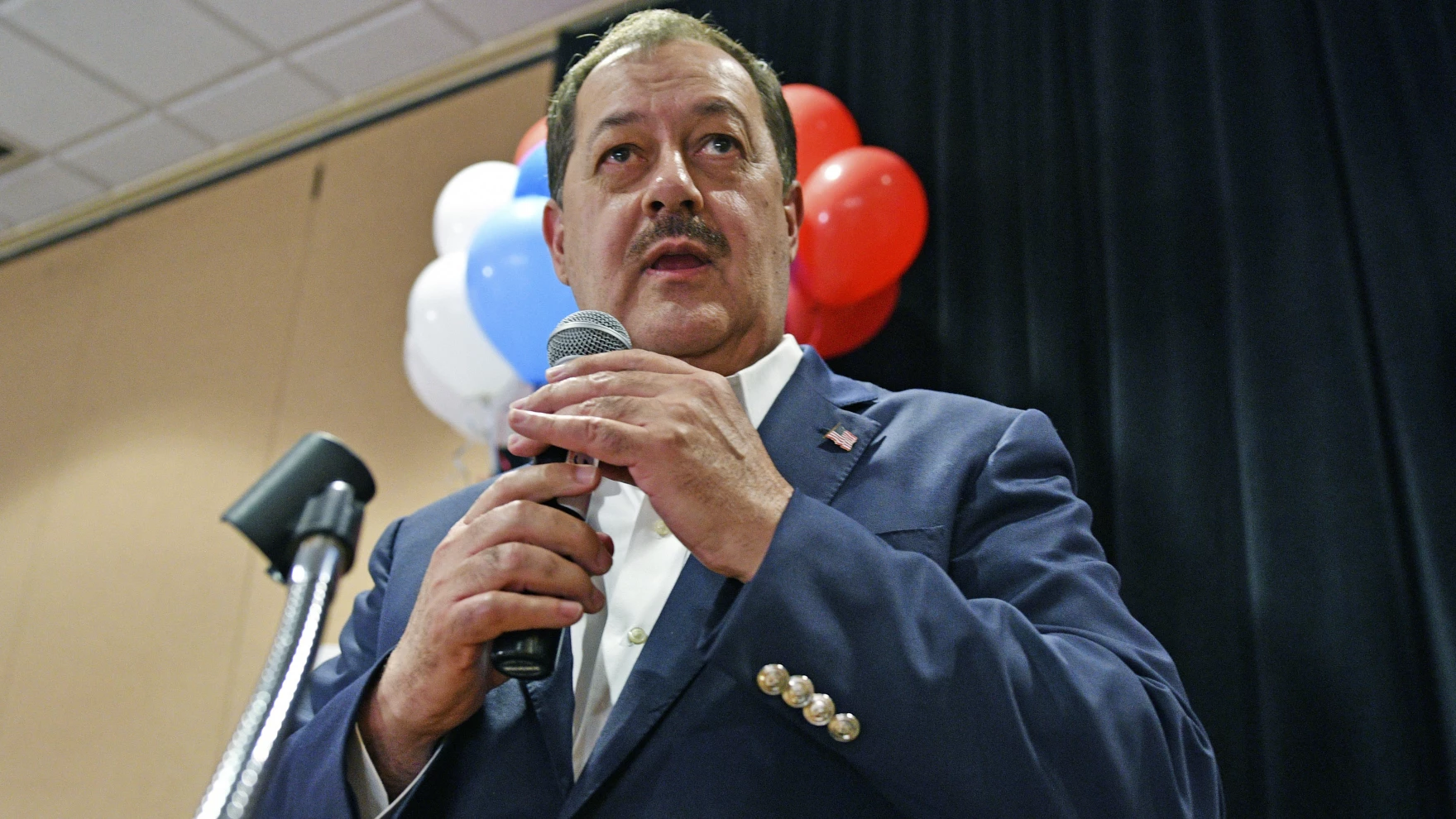Booth Goodwin, the former federal prosecutor and a Democrat who lost to Justice in the 2016 primary for governor, represents Carter.
The attorney defending a Virginia bank that was sued by Gov. Jim Justice is a familiar foe of the governor.
Last month, Justice sued one of his biggest creditors, Carter Bank, in federal court, seeking $1 billion in damages.
Carter’s attorney this week filed a motion to dismiss the case. That attorney is Booth Goodwin, the former federal prosecutor and a Democrat who lost to Justice in the 2016 primary for governor.
In the motion, Goodwin accuses Justice of engaging in a pattern of defaulting on his loans and filing frivolous lawsuits against his creditor. Goodwin calls Justice’s claim of economic duress “laughable” and refers to the governor as “a one-time billionaire.”
Goodwin says Justice owes Carter hundreds of millions of dollars and the bank has worked “repeatedly and cooperatively” to restructure and extend the loans over the years.
Justice, his wife, Cathy, his son, Jay, and the Greenbrier Hotel are among the plaintiffs in the suit.
Justice filed a similar lawsuit against Carter Bank in 2021 but later dropped it.
Justice beat Goodwin in the 2016 primary and was elected governor as a Democrat, but switched parties the following year. He was re-elected in 2020 as a Republican and is now a Republican candidate for U.S. Senate.
Goodwin, a former U.S. Attorney, prosecuted coal executive Don Blankenship. Blankenship was the former CEO of Massey Energy. An explosion at Massey’s Upper Big Branch mine in 2010 killed 29 workers.
In 2015, a jury found Blankenship guilty of conspiracy to violate federal mine safety and health laws. He was sentenced to a year in prison and ordered to pay a $250,000 fine. Blankenship has tried, unsuccessfully, to appeal his conviction.
Goodwin returned to private practice in Charleston in 2016.
